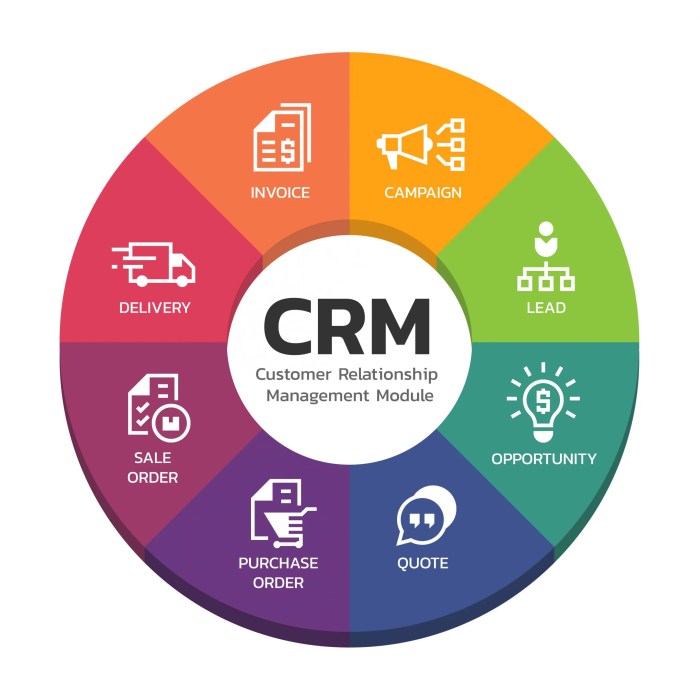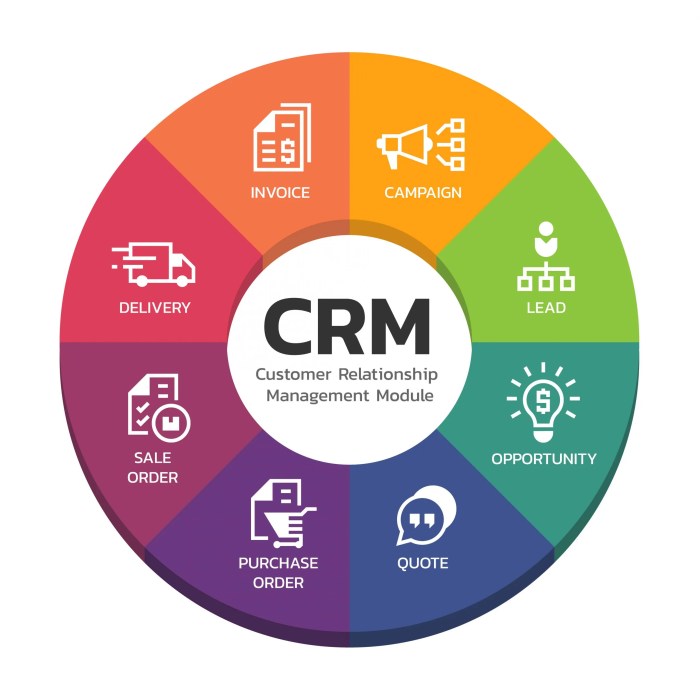Unveiling the Power of Salesforce Sales Cloud Implementation
In the ever-evolving landscape of sales and customer relationship management, Salesforce Sales Cloud stands out as a transformative platform designed to empower businesses of all sizes to streamline their sales processes, enhance productivity, and foster stronger customer relationships. In this comprehensive guide, we delve into the world of Salesforce Sales Cloud implementation, exploring its key features, benefits, and best practices for successful deployment.
Understanding Salesforce Sales Cloud
Salesforce Sales Cloud is a cloud-based CRM platform that provides organizations with a comprehensive suite of tools and functionalities to manage their sales operations effectively. From lead generation and opportunity management to sales forecasting and analytics, Sales Cloud offers a centralized hub for sales teams to collaborate, automate processes, and drive revenue growth.
Key Features of Salesforce Sales Cloud
1. Lead Management
Salesforce Sales Cloud enables businesses to capture, track, and nurture leads throughout the sales cycle. With robust lead management capabilities, sales teams can prioritize leads based on predefined criteria, assign them to the appropriate representatives, and track their progress from initial contact to conversion.
2. Opportunity Management
Opportunity management in Salesforce Sales Cloud allows sales professionals to manage deals and opportunities with ease. Through customizable pipelines, sales teams can track the stages of each opportunity, forecast revenue, and identify potential roadblocks, empowering them to make informed decisions and drive deals to closure.
3. Sales Collaboration
Salesforce Sales Cloud fosters collaboration among sales teams by providing a centralized platform for communication and knowledge sharing. Sales representatives can access real-time updates, share insights, and collaborate on deals, ensuring alignment and maximizing the collective expertise of the team.
4. Sales Analytics and Reporting
Data-driven insights are critical for optimizing sales performance and identifying growth opportunities. Salesforce Sales Cloud offers robust analytics and reporting tools that allow organizations to track key metrics, measure sales effectiveness, and gain actionable insights into customer behavior and market trends.
5. Mobile Accessibility
In today’s mobile-centric world, the ability to access critical information on the go is essential for sales professionals. Salesforce Sales Cloud offers mobile accessibility through its native mobile app, enabling representatives to manage leads, update opportunities, and collaborate with team members from anywhere, at any time.
Benefits of Salesforce Sales Cloud Implementation
Implementing Salesforce Sales Cloud offers a wide range of benefits for businesses looking to streamline their sales processes and drive revenue growth:
- Improved Efficiency: Automation of repetitive tasks, streamlined workflows, and centralized data management enhance operational efficiency and productivity.
- Enhanced Collaboration: Seamless communication and collaboration among sales teams lead to improved alignment, knowledge sharing, and faster decision-making.
- Better Customer Insights: Access to comprehensive customer data and analytics enables organizations to gain deeper insights into customer preferences, behavior, and needs, facilitating personalized engagement and targeted sales strategies.
- Scalability and Flexibility: Salesforce Sales Cloud’s scalable architecture and customizable features adapt to the evolving needs and growth trajectories of businesses, ensuring scalability and flexibility.
- Increased Revenue: By optimizing sales processes, improving customer engagement, and leveraging data-driven insights, organizations can drive revenue growth and achieve sustainable business success.
Best Practices for Salesforce Sales Cloud Implementation
Successful Salesforce Sales Cloud implementation requires careful planning, strategic alignment, and effective execution. Here are some best practices to ensure a smooth and successful deployment:
- Define Clear Objectives: Clearly define your sales objectives, KPIs, and desired outcomes to align the implementation with your business goals.
- Engage Stakeholders: Involve key stakeholders, including sales representatives, managers, and IT personnel, throughout the implementation process to ensure buy-in and alignment.
- Customize to Fit Your Needs: Leverage Salesforce’s customization capabilities to tailor the platform to your unique sales processes, workflows, and business requirements.
- Provide Comprehensive Training: Invest in comprehensive training programs to ensure that sales teams are proficient in using Salesforce Sales Cloud and maximizing its capabilities.
- Monitor and Iterate: Continuously monitor performance metrics, gather feedback from users, and iterate on the implementation to address any challenges and optimize results.
Conclusion
In conclusion, Salesforce Sales Cloud implementation represents a strategic investment for businesses seeking to transform their sales processes, drive revenue growth, and deliver exceptional customer experiences. By harnessing the power of Sales Cloud’s features, organizations can streamline operations, empower sales teams, and unlock new opportunities for business success in today’s competitive marketplace.
As businesses continue to prioritize digital transformation and customer-centric strategies, Salesforce Sales Cloud emerges as a powerful tool for driving innovation, agility, and growth. With careful planning, strategic execution, and a focus on continuous improvement, organizations can unlock the full potential of Salesforce Sales Cloud and achieve sustainable sales excellence.



